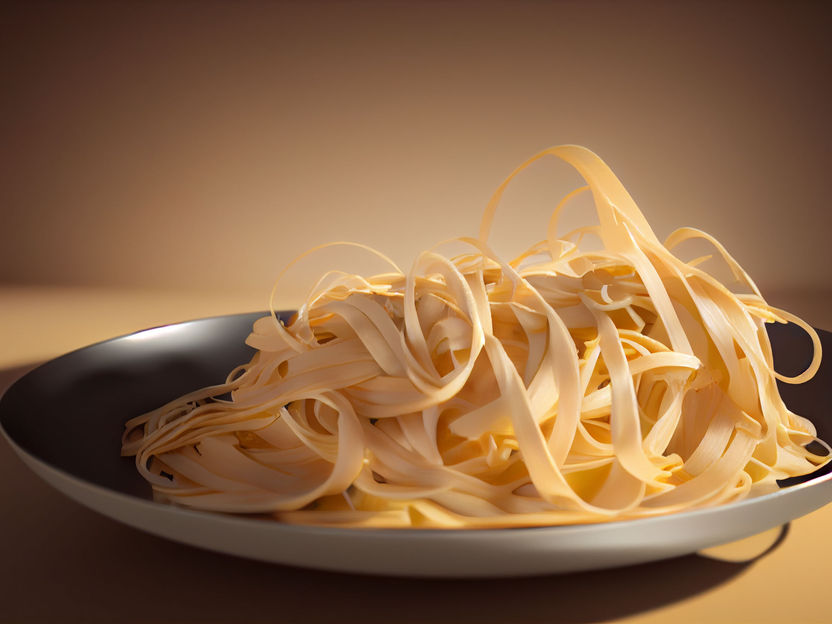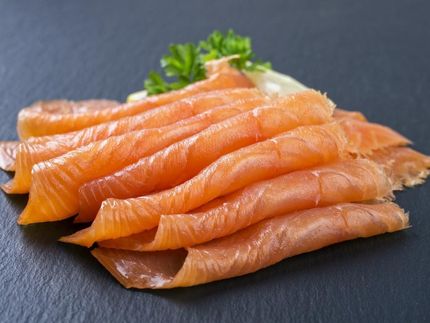Insect protein has great potential to reduce the carbon footprint of European consumers
Researchers at the University of Helsinki and LUT University, Finland, have analysed the extent to which insect protein could help to reduce global warming associated with food consumption in Europe. They have especially focused on insect protein use and soybean-protein use in the production of broilers.
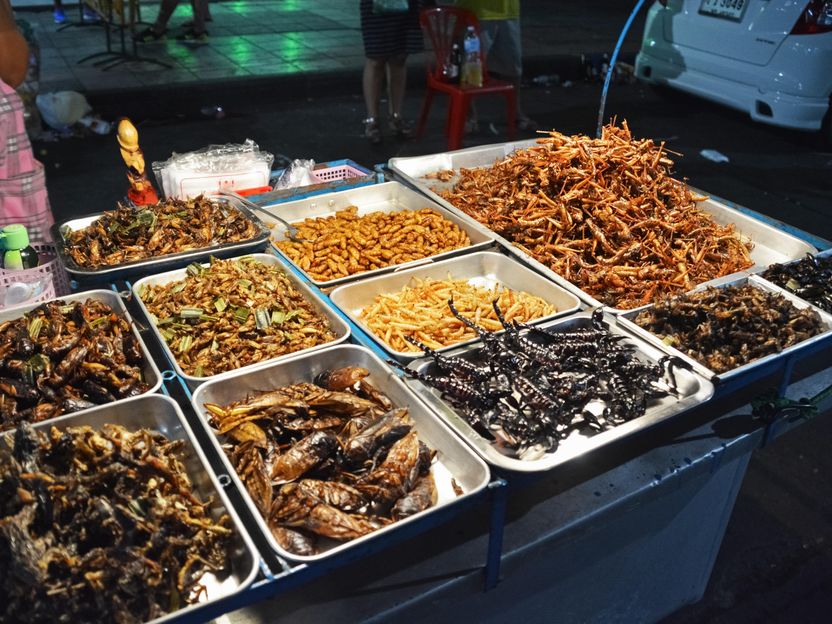
Photo by Jeremy Bezanger on Unsplash
The results support previous research suggesting that insect protein has the greatest potential to reduce the food-related carbon footprints of European consumers, if edible insects – such as crickets, flies, and worms – are consumed directly or processed as food. Preparation methods include eating them fresh, or drying and processing them into flour for use in bread or pasta.
"Our results indeed suggest that it is more sustainable to use insect protein for food rather than to use it to replace soybean meal in animal feed. Yet we found that a shift to using low-value food industry side stream products – such as catering waste or by-products, for example, from fish processing – in insect production for chicken feed is key to decisively increasing the carbon footprint benefits of using insect protein over soybean meal protein," says Professor Bodo Steiner from the Faculty of Agriculture and Forestry, University of Helsinki, Finland.
All this is important and timely, because as a part of the current climate change debate, concerns have been raised over the increasing deforestation associated with the rapid expansion of global soybean cultivation, which is a major protein source for feeding livestock raised to be food for humans.
Original publication
Other news from the department science

Get the food & beverage industry in your inbox
By submitting this form you agree that LUMITOS AG will send you the newsletter(s) selected above by email. Your data will not be passed on to third parties. Your data will be stored and processed in accordance with our data protection regulations. LUMITOS may contact you by email for the purpose of advertising or market and opinion surveys. You can revoke your consent at any time without giving reasons to LUMITOS AG, Ernst-Augustin-Str. 2, 12489 Berlin, Germany or by e-mail at revoke@lumitos.com with effect for the future. In addition, each email contains a link to unsubscribe from the corresponding newsletter.
Most read news
More news from our other portals
Last viewed contents

Sustainable growth - investments in energy and raw material procurement secure the future

Dairy group Quatá Alimentos puts six more SIG Combibloc filling machines into operation
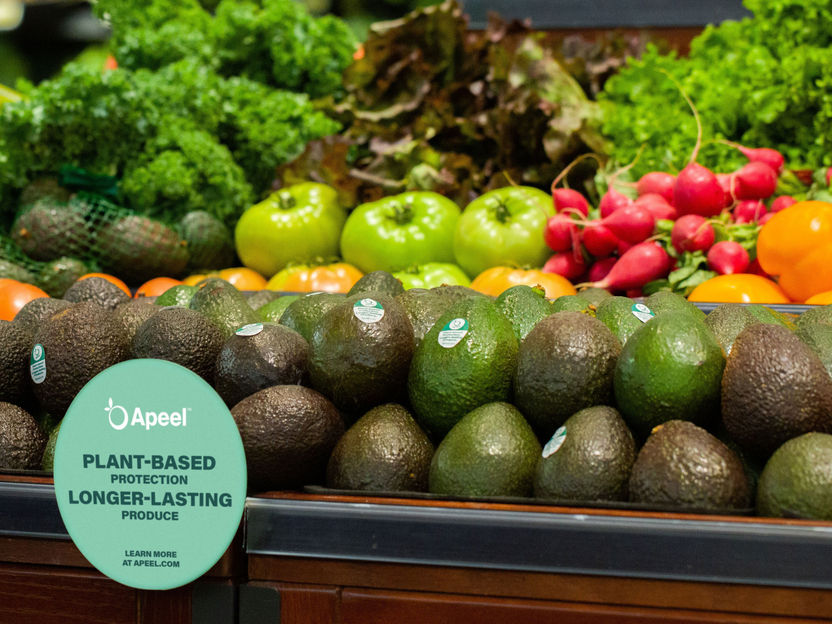
Apeel Adds $250M to Accelerate Innovation and Sustainability in Fresh Food Supply Chains - Apeel-protected produce maintains quality and freshness for much longer
GEA announces acquisition of technology leader in sophisticated cake and pastry products
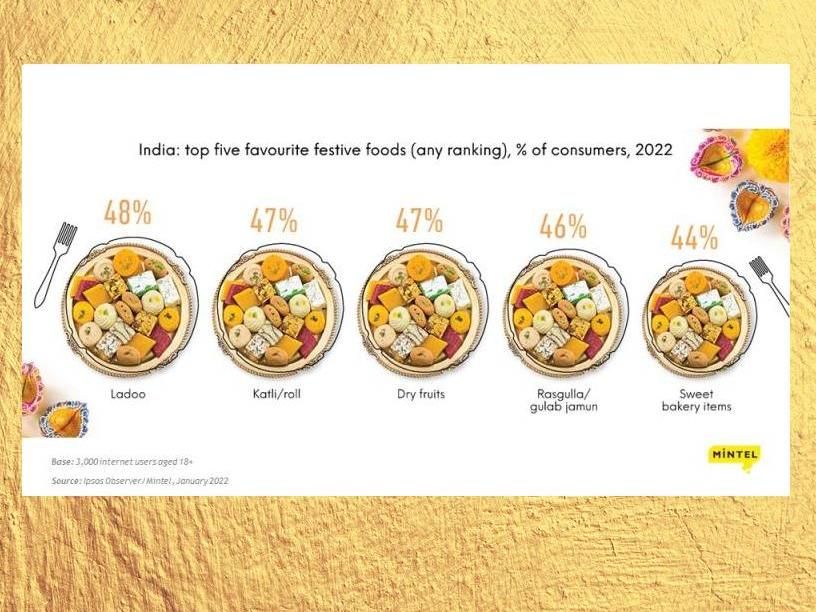
Tradition dominates the festive food market but modern approaches are gaining popularity

AI-driven nutritional assessment of seed mixtures enhances sustainable farming practices
The power of the olive for modern food and beverages: Doehler launches olive leaf extract

Excessive consumption of energy drinks increases health risk in children and adolescents

"Mountain Breeze Darjeeling": A breath of fresh air in the "5 Cups and some leaves" tea range - From July 2024, TEEKANNE's out-of-home brand will be adding a refreshing organic black tea to its pyramid bag range.

Half of Brits limit their meat intake or don’t eat meat - as processed meat sales shrink back - Number of Brits who believe eating less meat is better for the environment doubles between 2018-21
